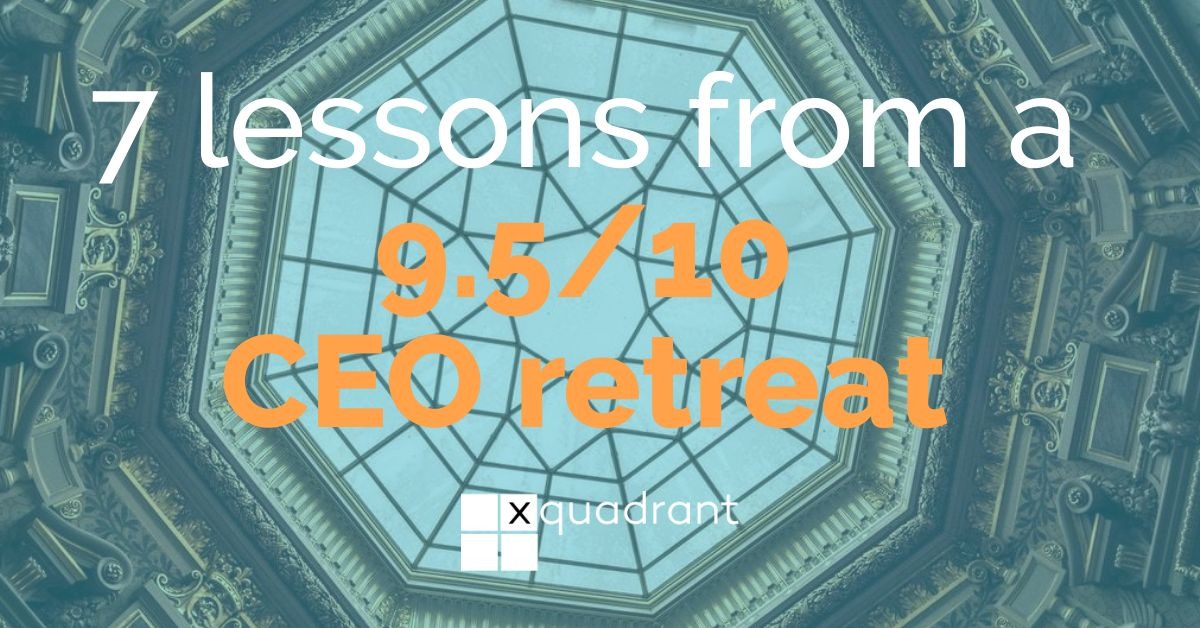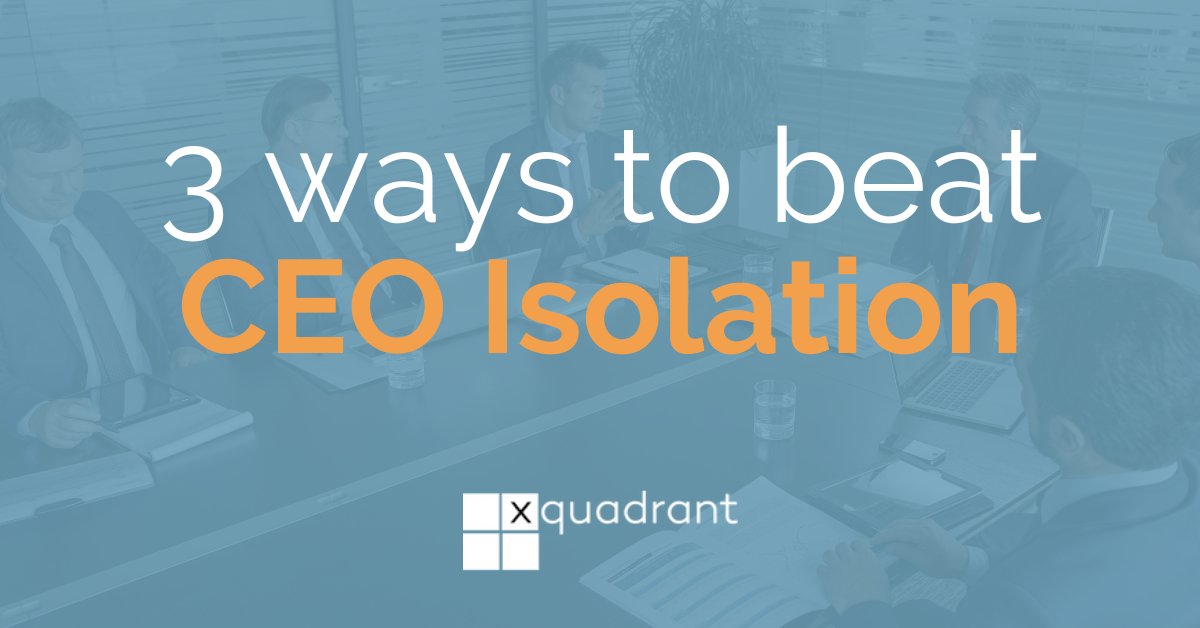When faced with the decision to pursue personal growth and development, as a CEO, you wield immense influence over the experiences and prospects of your employees. This piece delves into the profound effects – both beneficial and detrimental – of the choice to engage in coaching.
"It's been a challenging year, and the forecast looks uncertain," shared Annie, a seasoned business owner I recently had a chat with. "We've had to make some tough decisions, including several layoffs. I recognise the value of coaching, but I'm struggling with the idea of investing the company's money into my own coaching during such times. It feels very selfish."
Many leaders find themselves grappling with a similar dilemma. The question is: should you direct company resources towards your own development, especially when tightening the belt in other areas? How does this align with the ethos of being a servant leader?
Reframing the dilemma
Let me suggest three ways to think differently about this question.
- It’s an investment, not a cost. If you feel that “coaching is selfish in this context”, then you are probably confusing investments with day-to-day operating costs. Yes, streamlining to minimise ongoing costs is crucial, but making a considered and strategic investment in the future of the business is a different matter entirely.
- It’s not a personal luxury. Secondly, be wary of seeing coaching as a nice-to-have "luxury" – akin to a spa day. Coaching isn't a mere indulgence. It's a decisive step towards ensuring the growth, health, and longevity of the entire organisation. It’s not a personal perk for the CEO, it's a catalyst set to spark a transformative change across the business.
- It’s an act of bold accountability. Thirdly, where are you locating the “problem” in the business? Choosing to skip coaching suggests that you see your team, or the market, as the biggest problem. However, to quote leadership author John Maxwell, “the leader is the lid” on the organisation. If you want your organisation to transform, you yourself must transform first. Enter coaching.
In other words, when the CEO gets coached, the whole organisation benefits.
To drive home this point further, let's delve into the tangible impact on your employees. What are the advantages they reap when you embrace coaching, and what are the pitfalls they might encounter if you opt out?
5 benefits your employees experience when you embrace coaching
- Greater job satisfaction: Undergoing coaching fine-tunes your leadership abilities, providing clearer organisational direction. As employees grasp this vision and their part in it, their job satisfaction tends to elevate.
- Encouragement to grow: Engaging in coaching fosters an environment of continuous learning and self-improvement. This, in turn, motivates your team members to pursue growth avenues, cultivating innovation and paving potential career paths.
- Better alignment: Coaching hones communication skills, leading to enhanced clarity and transparency. This heightened understanding results in reduced ambiguity, ensuring everyone pulls in the same direction.
- Healthier culture: Developing your leadership capabilities fosters a more positive and inclusive work culture. This accentuates values like respect, collaboration, and well-being, fortifying team dynamics and decreasing attrition.
- Stability and trust: In volatile periods, a coached CEO serves as a pillar of resilience and empathy. This typically results in improved decision-making and business outcomes, offering organisational stability, safeguarding jobs, and fostering trust.
5 potential pitfalls your employees might face if you bypass coaching
- Stagnation and frustration: If you're not actively pursuing growth, the company can drift without a clear direction. This ambiguity can leave team members feeling adrift, undervalued, and uncertain about their role, hindering their own professional trajectories.
- Lack of innovation: Avoiding exposure to contemporary leadership insights might lead to clinging to dated practices. This rigidity can suppress innovation, making employees feel confined within an outdated system and jeopardising the organisation's competitive edge.
- Ambiguity and misalignment: Without the refined communication skills that come with coaching, directives may lack clarity. This can cause misdirected efforts, pulling the company in disparate directions.
- Decreased morale: Failing to reflect and evolve can inadvertently lead to a neglected organisational culture. The result? A less-than-ideal work environment that diminishes employee satisfaction and morale.
- Inefficient crisis management: In tumultuous times, without the insights from coaching, crisis handling may falter. Unfortunately, employees often shoulder the repercussions through job instability and heightened workplace anxiety.
CEO coaching benefits the entire organisation
In conclusion, the CEO’s decision to undergo coaching, especially during challenging phases, is not merely about self-improvement. It's a commitment to transforming the business, setting it up for success, and fostering an environment where everyone thrives.
CEO coaching is a decisive step to dramatically change the trajectory of the business for the benefit of all.
By investing in yourself, you're directly enhancing the experiences, growth, and well-being of those who rely on your leadership. The choice, in essence, reflects not just on you, but on the entire organisation. Choose wisely.



